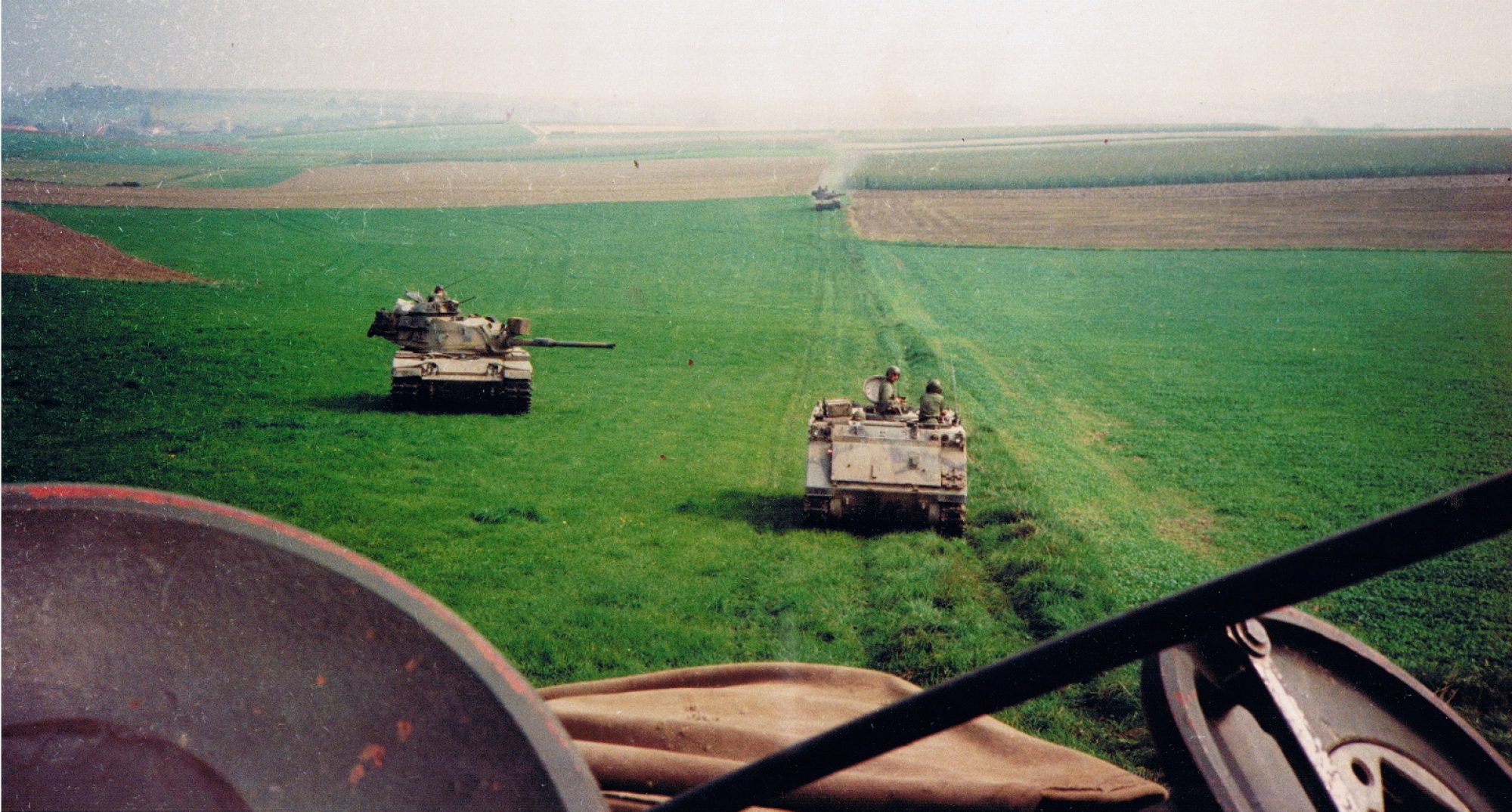The last two podcasts have been about what war is. The bottom line is that there are two almost entirely separate notions about war. The first being a legal status between two countries. This is the idea of declared war. We have not declared war since 1941 and we haven’t been in the state of a declared war since 1951. The other is the practical concept of an armed struggle between two parties. In the podcast, I proposed a practical definition based on Clausewitz: War is an act of violence, in concert with other elements of national power, creating conditions intolerable to our opponent thereby compelling him to accept our terms for a lasting peace consistent with our national interests and values.
From that comes what I think of as the “natural laws of war.” Those rules derived from observation and reason. and which seem to be applicable at all times and in all wars. They are not what we wish, but war is. We need to carefully consider these in participating in any national debate about the use of violence to achieve our national interests and values:
Young men die. The enemy’s young men and your young men (and in this century, young women, too
Noncombatants and other civilians also die.
Overwhelming force will achieve a decision sooner and is therefore more humanitarian
The means and methods used in war are not unrestricted
Only the enemy knows when he is defeated.
There is no such thing as a purely military solution.
The result in war is never final
Most of these are very Clausewitz, with some Machiavelli and even GEN Colin Powell. The overriding thought is actually expressed by Mao Tse Tung in his Problems of Strategy in China’s Revolutionary War: He wrote, “Unless you understand the actual circumstances of war, its nature and other things, you will not know the laws of war, or how to direct war, or to be able to win a victory.”
